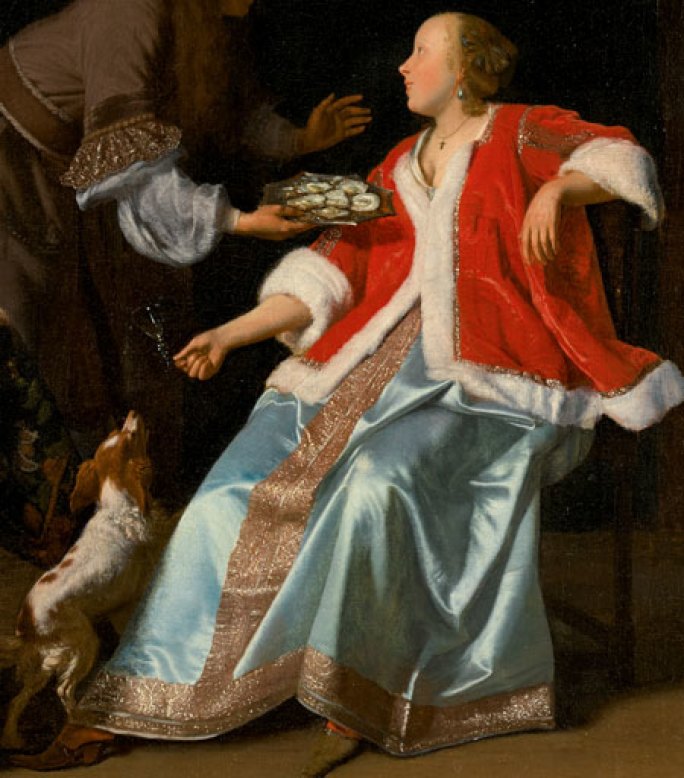Gastropod looks at food through the lens of science and history.
Co-hosts Cynthia Graber and Nicola Twilley serve up a brand new episode every two weeks.
Co-hosts Cynthia Graber and Nicola Twilley serve up a brand new episode every two weeks.
Inspired by Cynthia's tales of eating "the good part" of a male conch's anatomy while on vacation, and just in time for (their least favorite holiday) Valentine's Day, the Gastropod team talks to food historian and former adult shop manager Tasha Marks about the curious logic behind traditional aphrodisiac recipes. We also taste-test two historical recipes on our long-suffering partners, with varying degrees of success. But how do you measure whether aphrodisiacs work, anyway? Gynecologists Elizabeth West and Michael Krychman, authors of a recent scientific review paper on natural aphrodisiacs, talk us through some of the difficulties of evaluating efficacy, and point us in the direction of a couple of foods that might—might—actually work!
Listen in now for the unexpected connection between "windy" foods and male vigor, the dangers of "mad" honey, and Casanova's secret ingredient to take a bedtime hot cocoa to the next level.

Food historian Tasha Marks creates edible installations and experiences, including toast poetry and spice prints, with her company AVM Curiosities. She will be offering samples of historical aphrodisiacs at a free evening event at the National Gallery in London on Friday, February 12.
Pliny the Elder was a Roman naturalist and author, and the author of an early encycolopedia, the thirty-seven volume Naturalis Historia. It contains several recipes for aphrodisiacs, among them the one Cynthia and Nicky tried: garlic, Pliny writes, “is believed to act as an aphrodisiac, when pounded with fresh coriander and taken in neat wine.” Pliny never married, and had one adopted son.
This fifteenth-century Arabic sex manual contains several recipes for aphrodisiacs, including the honey, almond, and pine-nut treat that Nicky and Cynthia tried.
Drs. Elizabeth West and Michael Krychman co-authored this meta-review of natural aphrodisiacs and the evidence for their efficacy. The conclusion: more research is necessary—but there are a couple of foods that look promising.